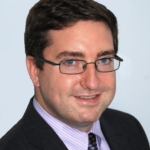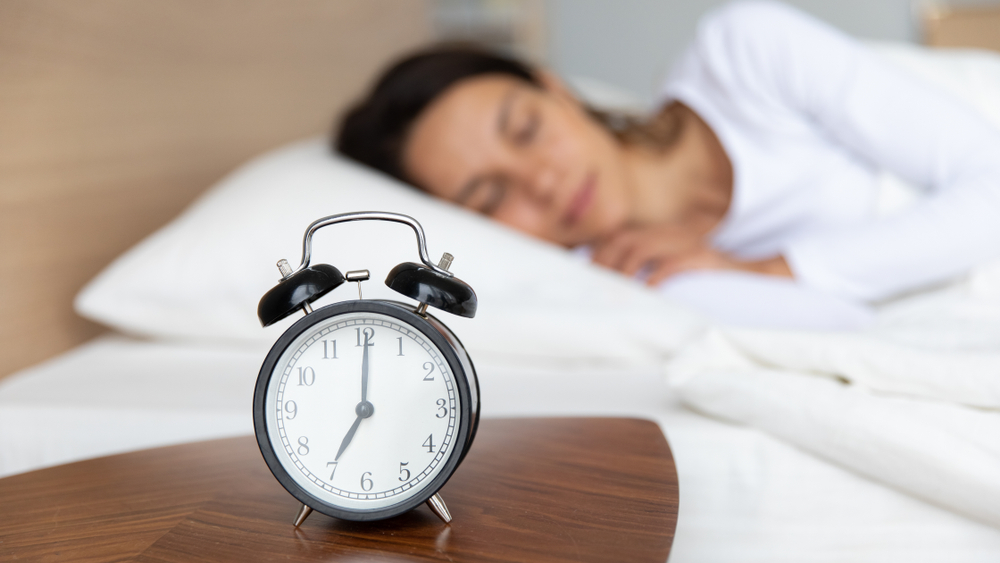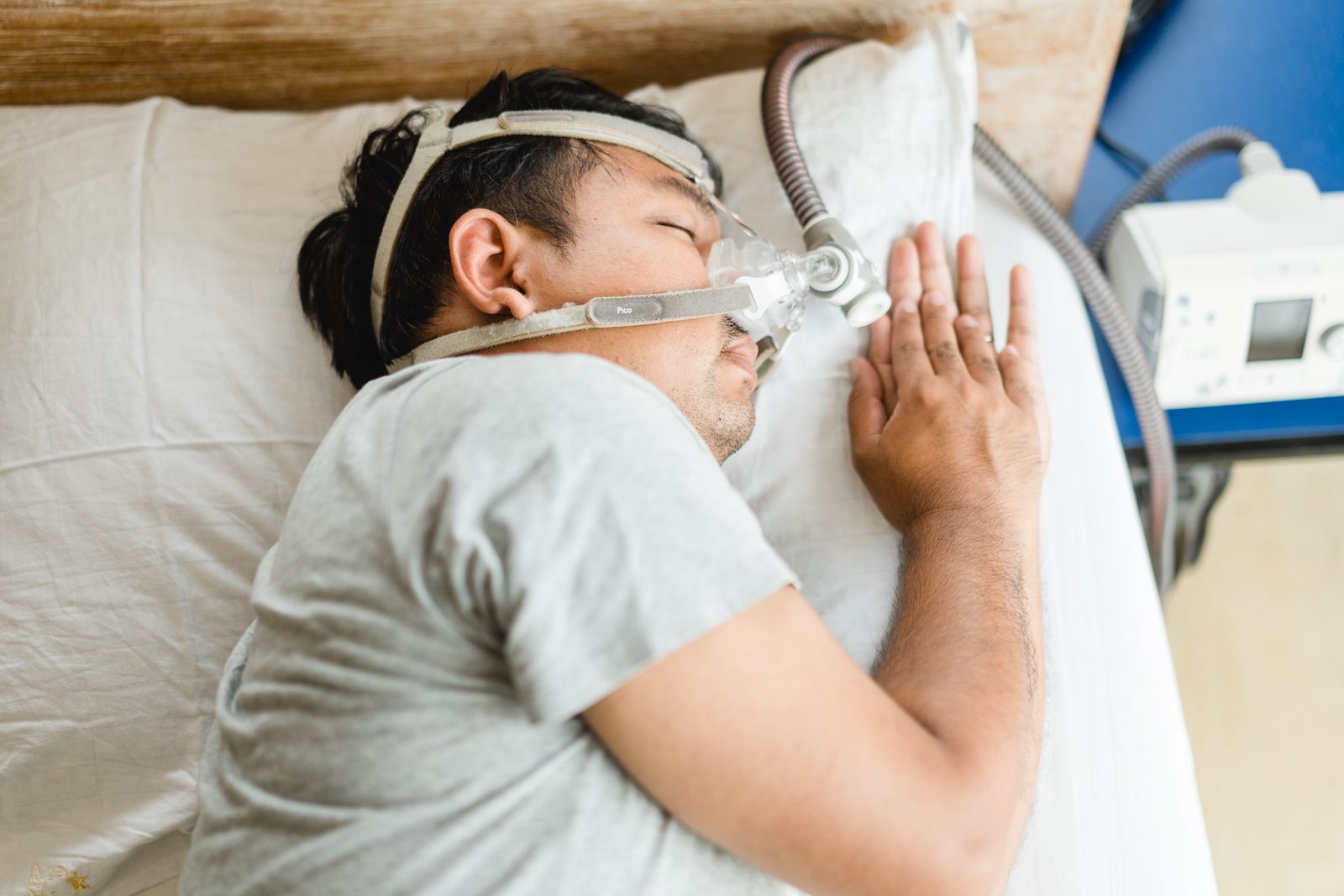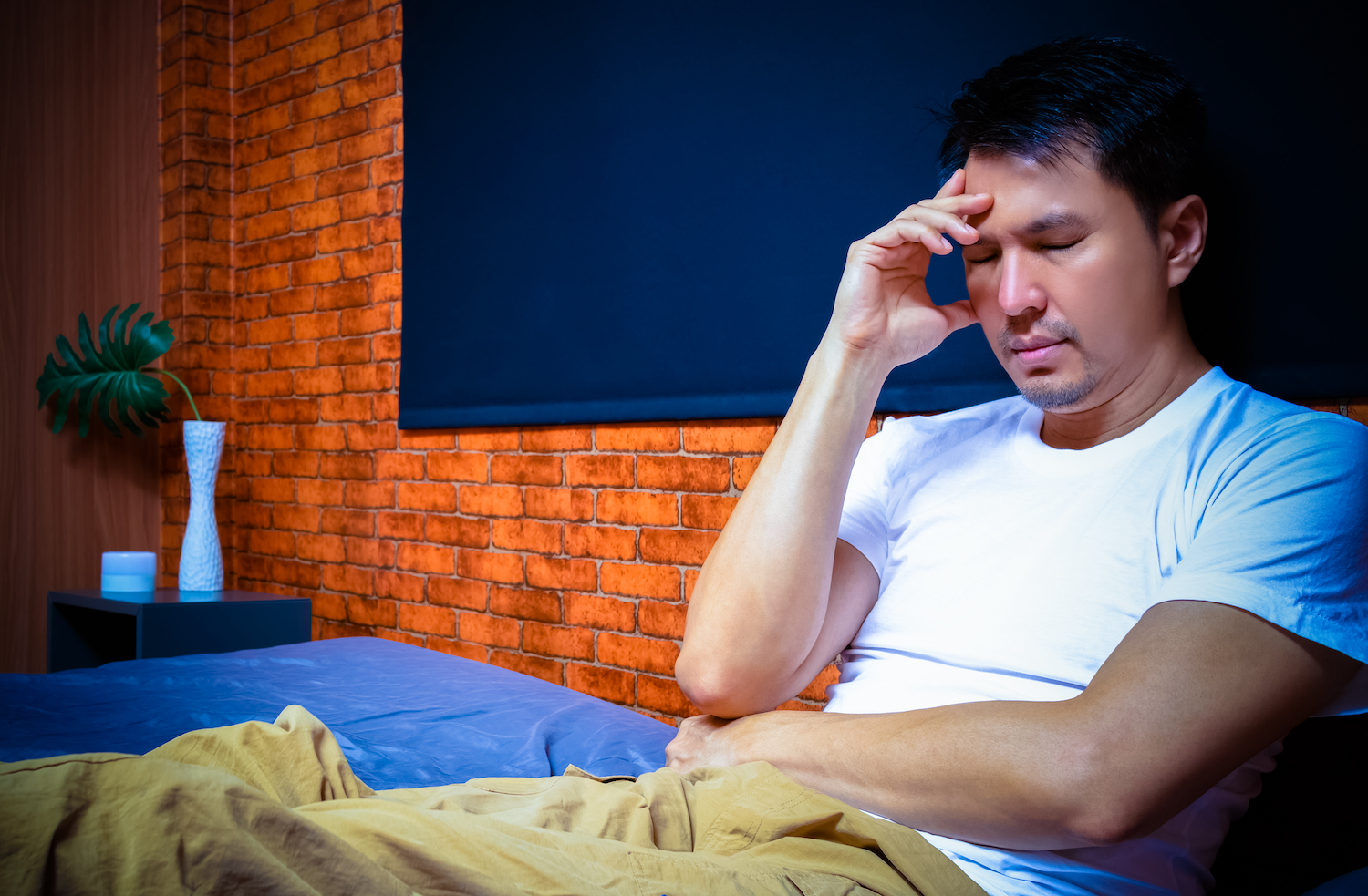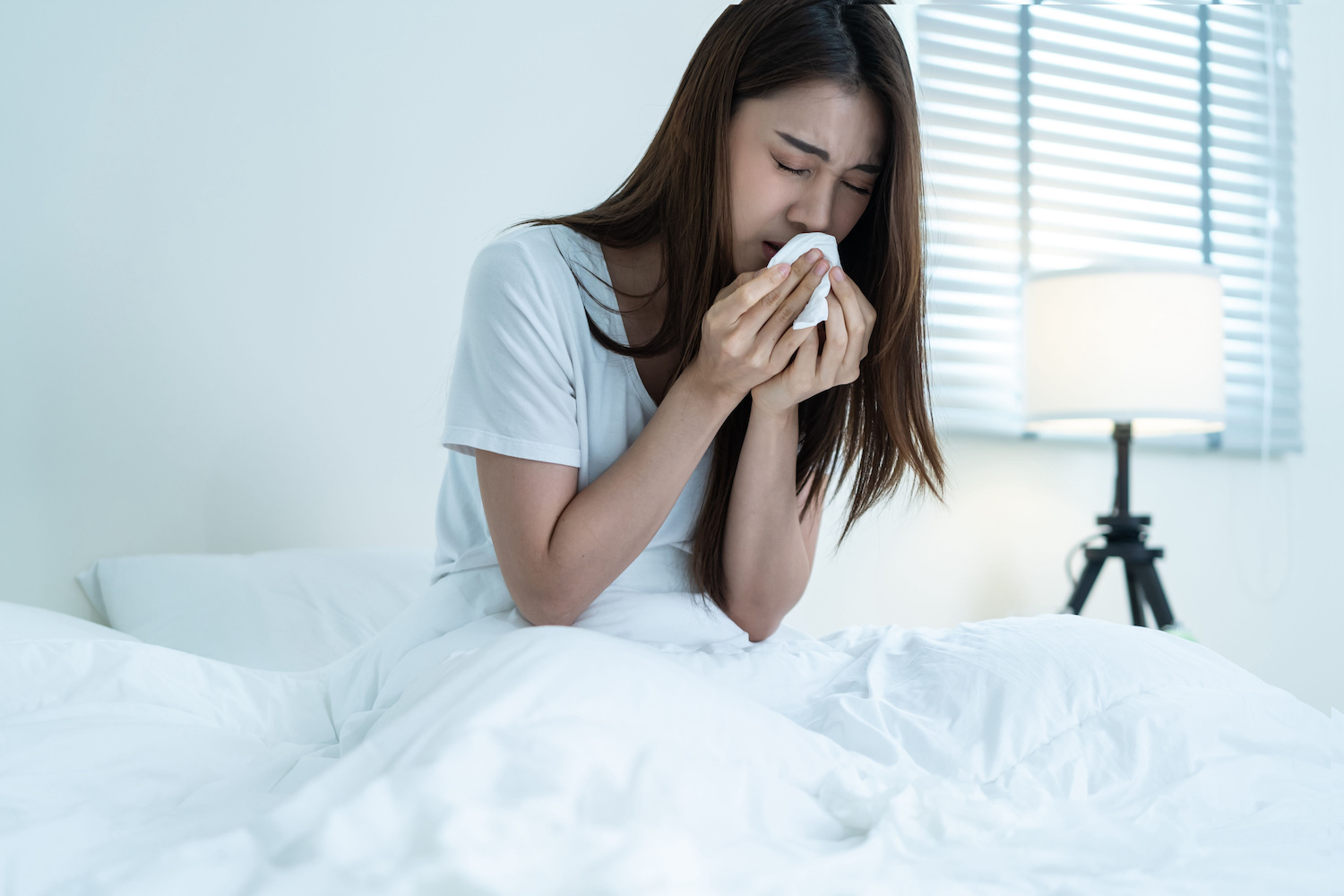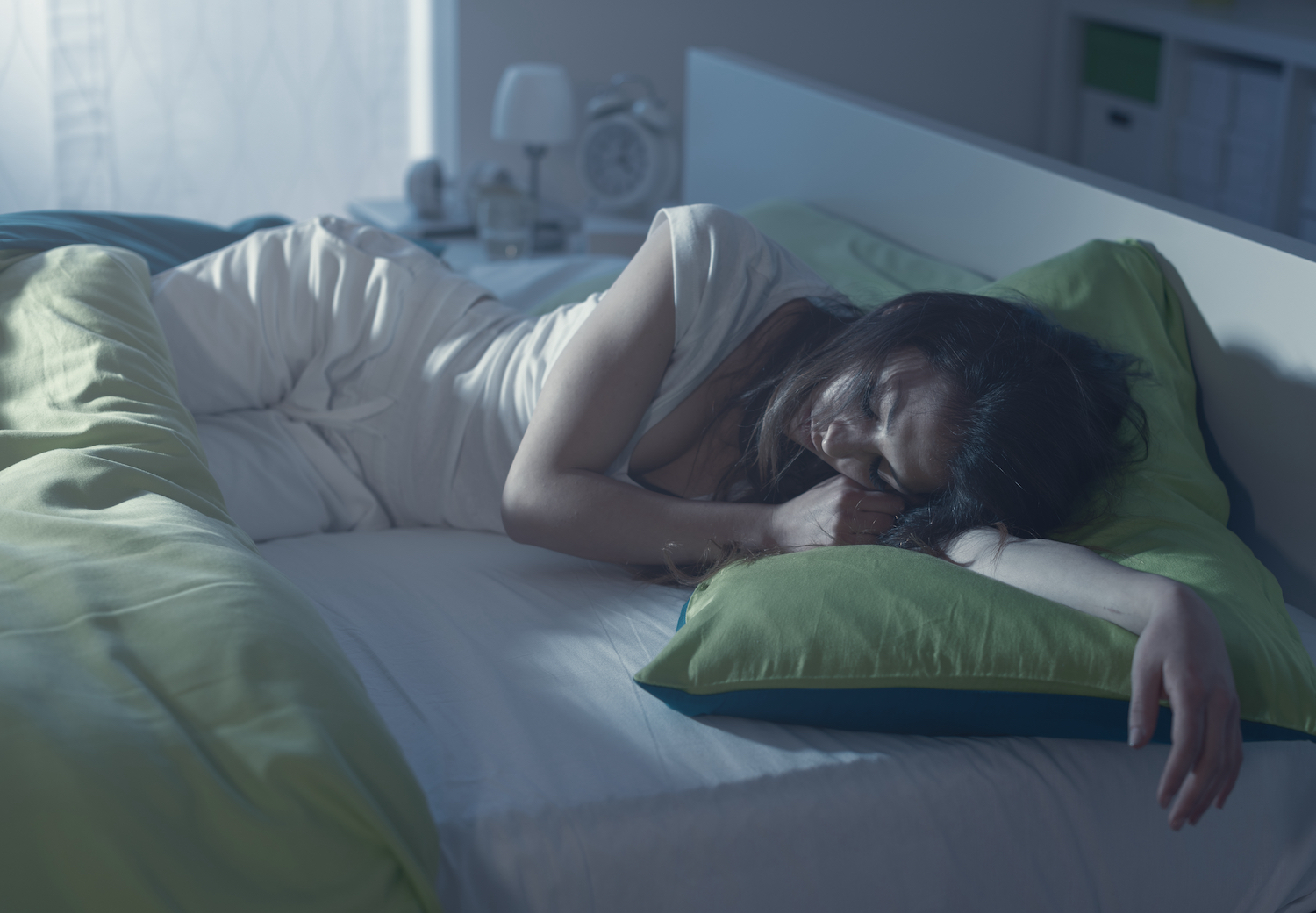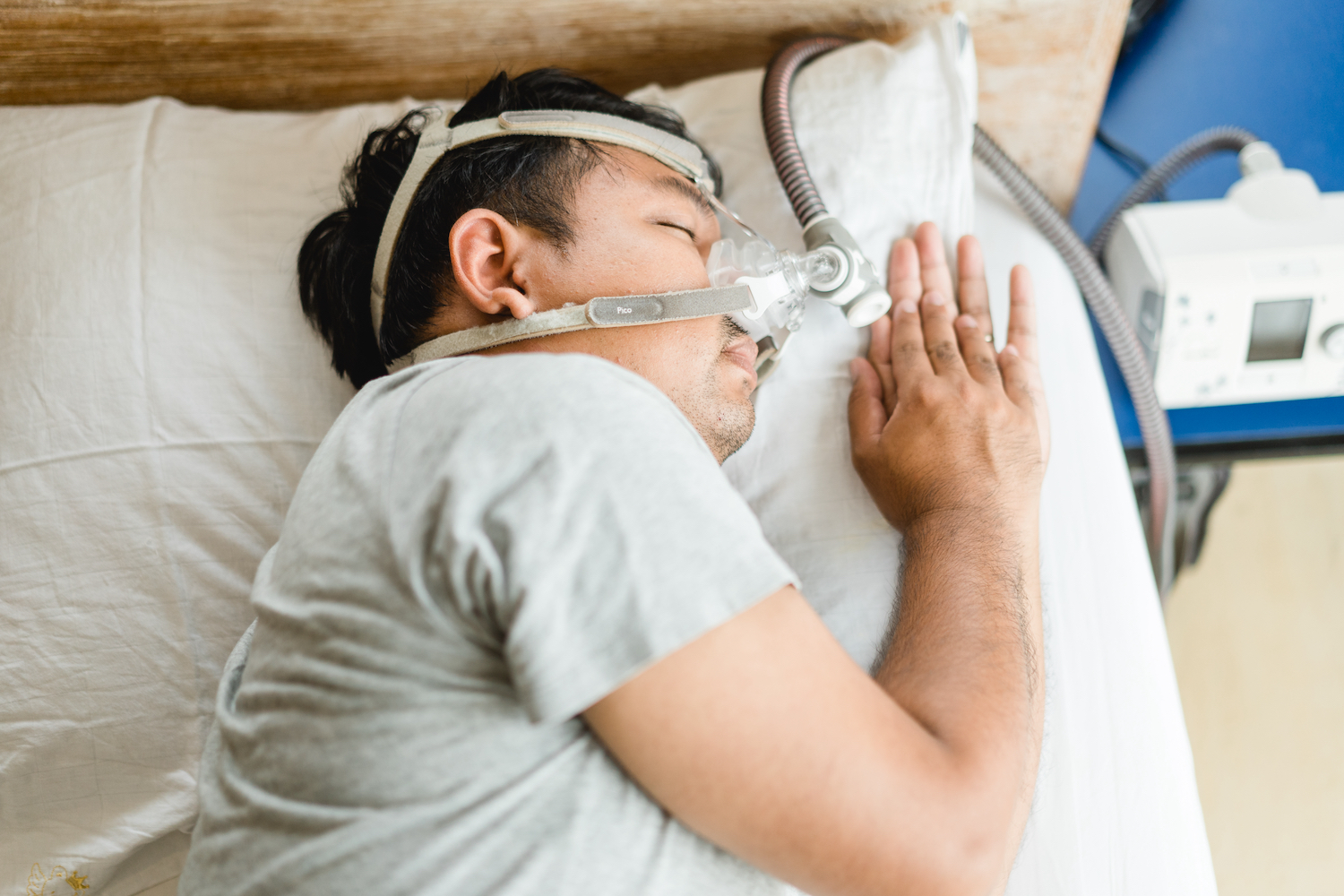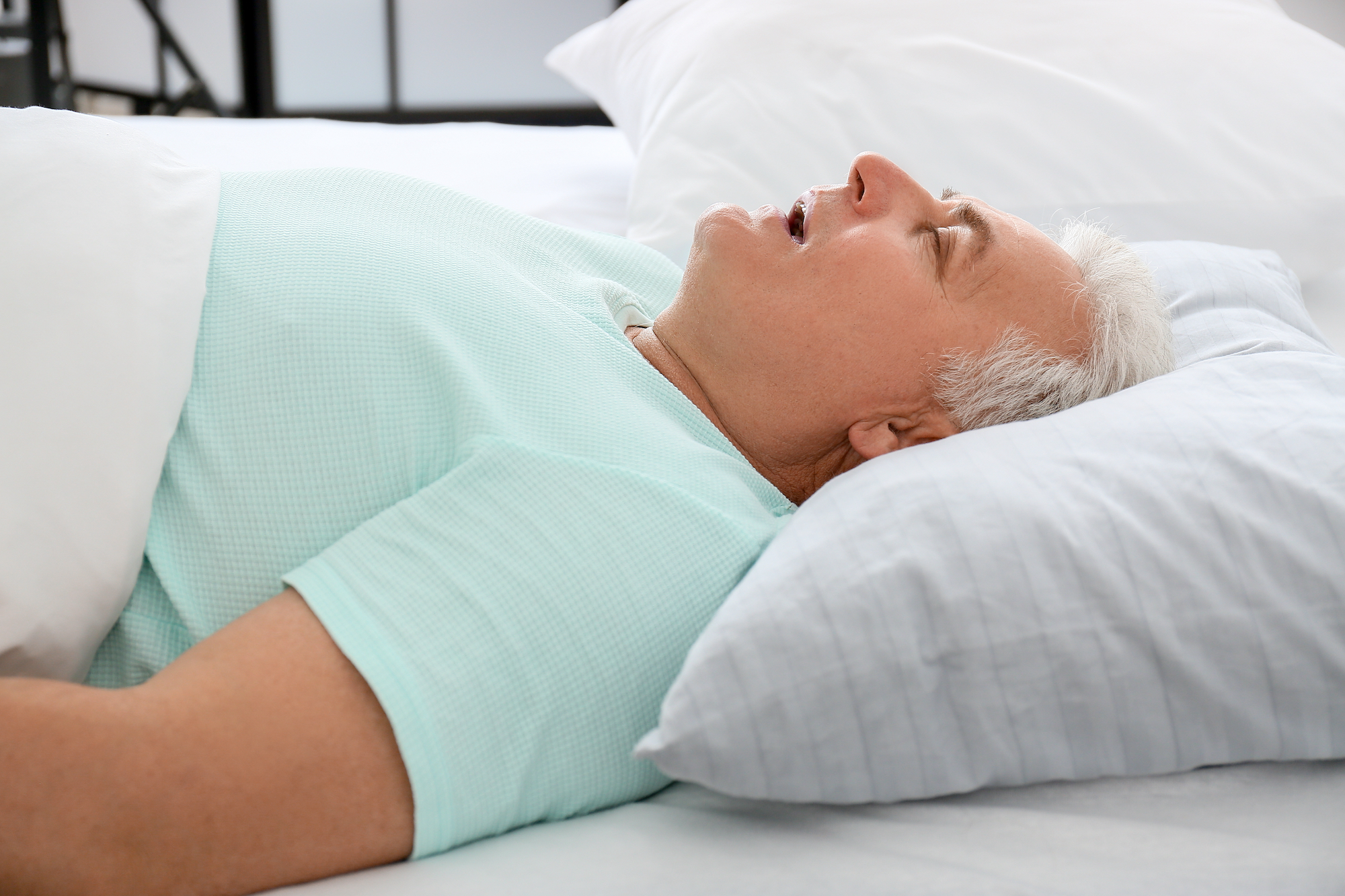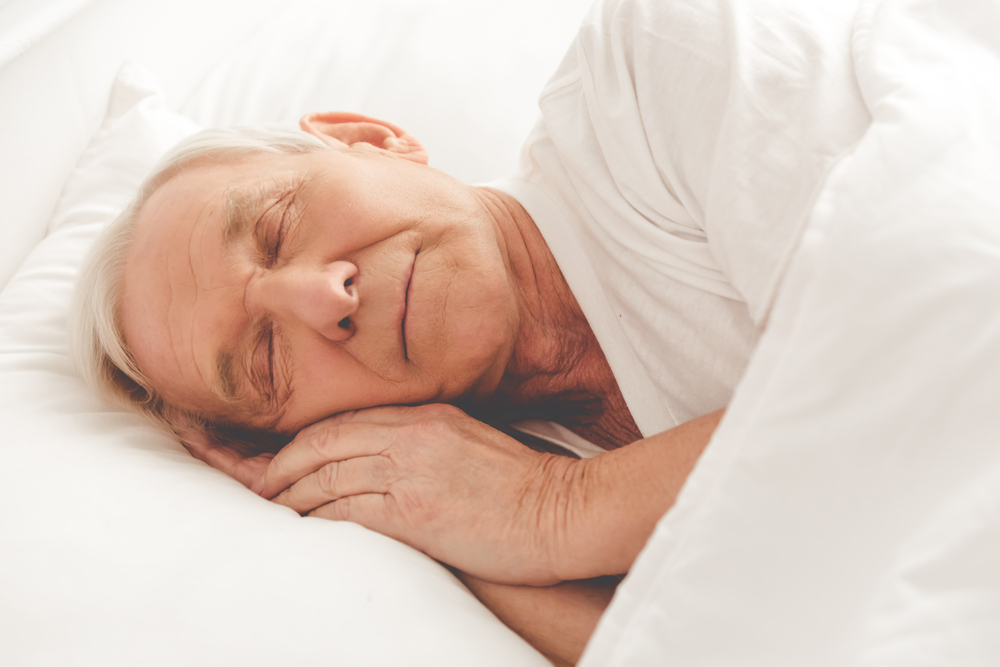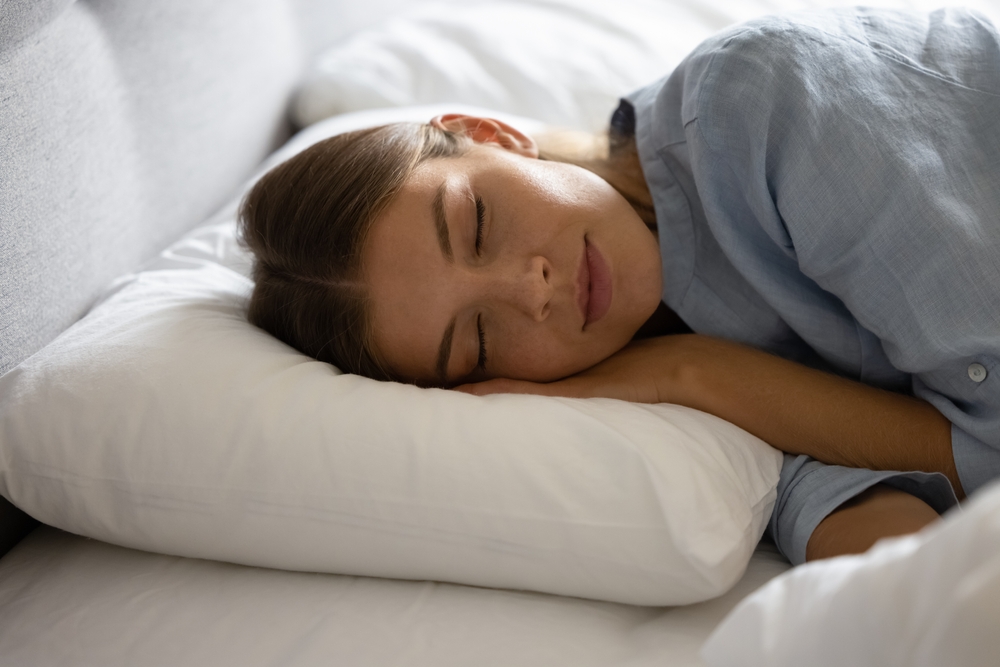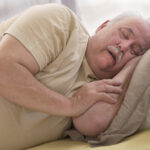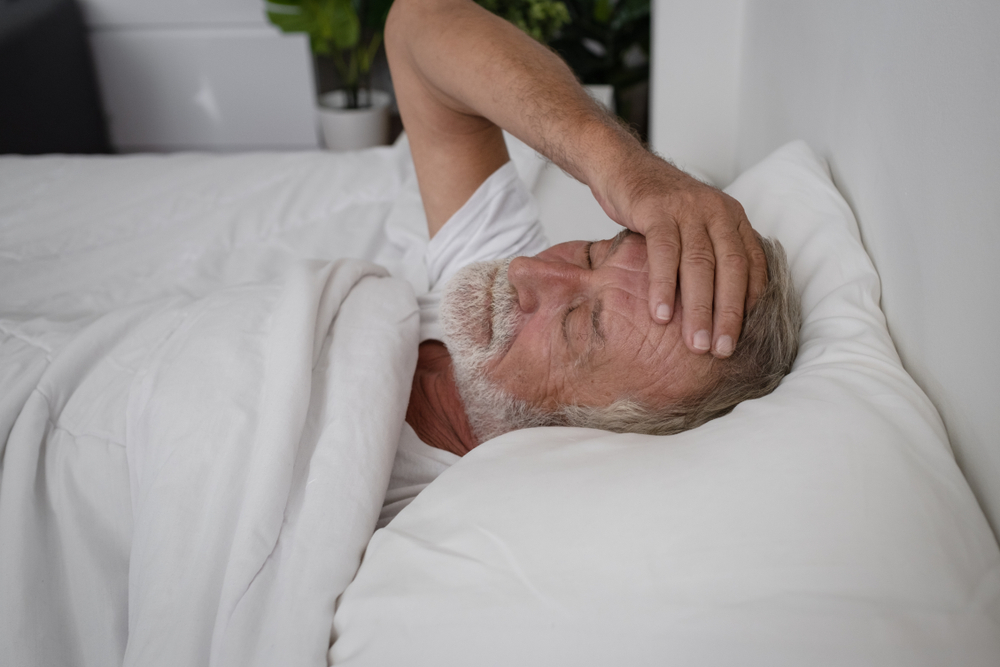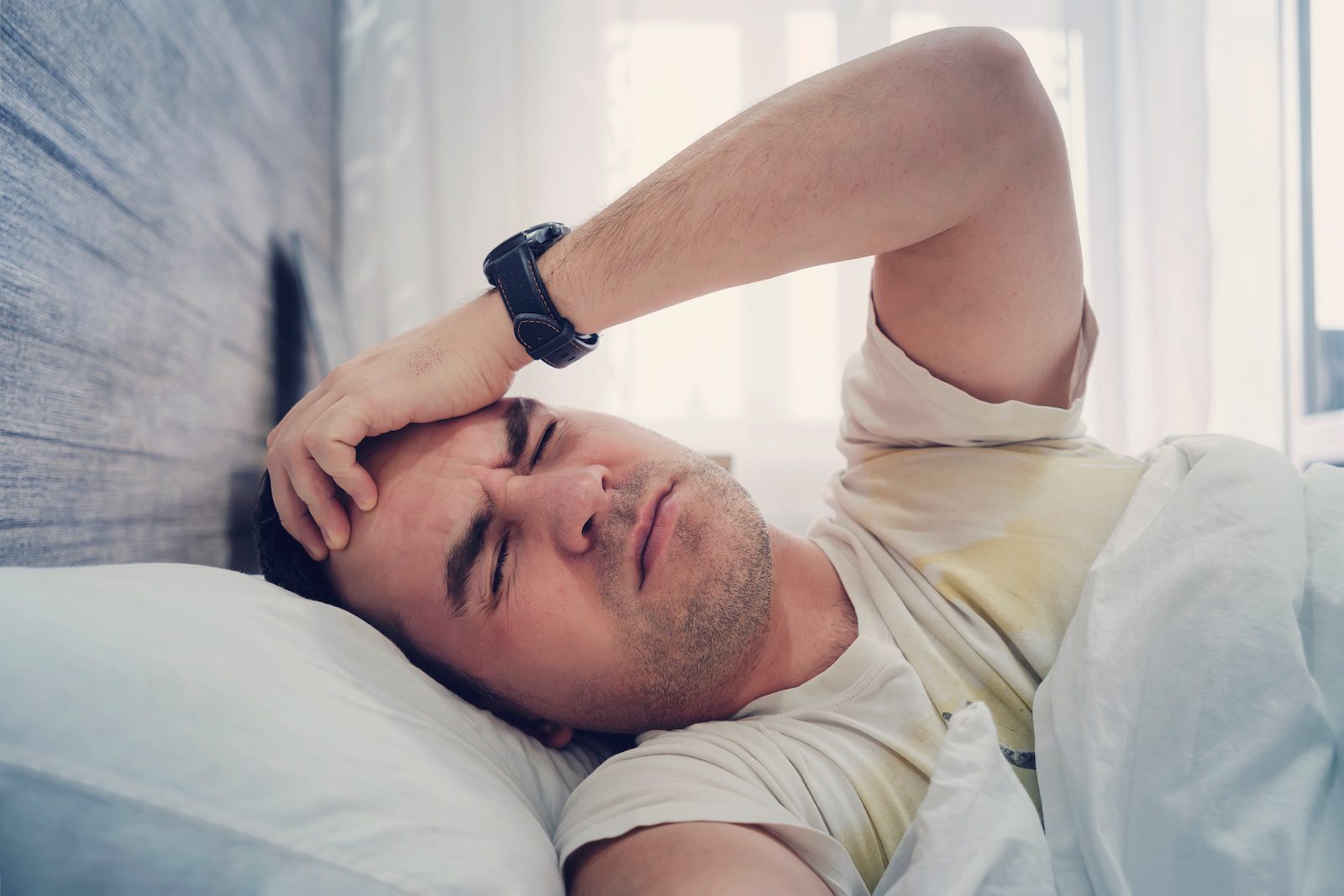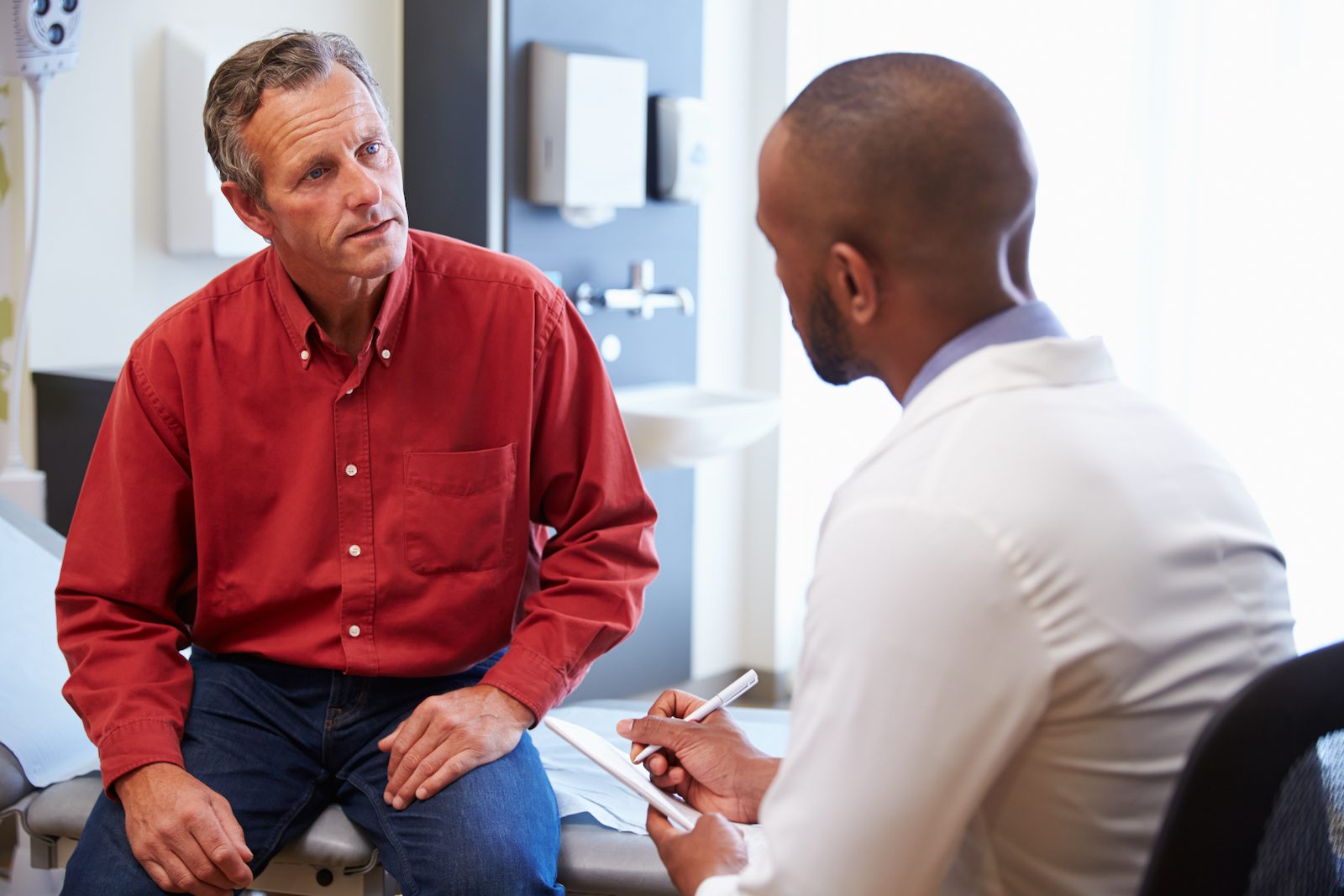Morning headaches can be a sign of obstructive sleep apnea (OSA). Approximately 10 to 30% of people with untreated sleep apnea will wake up with a morning headache, compared to only 5% of the general population.
We explore the relationship between OSA and morning headaches, and discuss possible treatment options.
Why Does Obstructive Sleep Apnea Cause Headaches?
Researchers do not yet fully understand why some people with untreated obstructive sleep apnea experience morning headaches while others do not.
OSA is a condition where a person’s airway becomes partially or completely blocked during sleep, leading to repeated pauses in airflow. This may lead to symptoms such as awakenings during the night, gasping for air, or loud snoring, during sleep.
Current research suggests that sleep apnea headaches may be caused by disrupted sleep, dilated (widened) blood vessels, increased intracranial pressure, or an excess of carbon dioxide in the bloodstream. However, the exact causes for sleep apnea headaches remain a mystery.
Experts have explored the potential link between morning headaches and low levels of oxygen in the bloodstream. However, studies have not discovered any significant difference in oxygen levels among people with OSA who experience morning headaches compared to those without. Therefore, low oxygen levels alone do not explain sleep apnea headaches.
There are several other factors that may increase the likelihood of sleep apnea headaches.
- Being female identifying: Sleep apnea headaches are reported more frequently in people identifying as female.
- Obesity hypoventilation: People with obesity are at risk for morning headaches due to obstructive sleep apnea and/or a disorder known as obesity hypoventilation, which reduces airflow into the lungs.
- Mood disorders: There also appears to be an association between sleep apnea headaches and mood disorders. People with sleep apnea and depression are more likely to suffer from morning headaches.
“Working with our colleagues in dentistry, there is growing evidence that sleep bruxism is a protective mechanism to reopen the airway during sleep. The tongue and the jaw are connected, and they act like a valve for the upper airway. When we go to sleep, these muscles relax, and the valve tends to fall backward, potentially closing the airway. As part of the arousal to restore the opening, the individual may thrust these forward and then lock them, and this can be a source of headaches.” – Dr. Gerard Meskill
A variety of factors may contribute to sleep apnea headaches, highlighting the need for further research to better understand the relationship between OSA and morning headaches.
What Does a Sleep Apnea Headache Feel Like?
Sleep apnea headaches are usually felt on both sides of the head and are often described as a pressing or squeezing sensation in the temples. Unlike other types of headaches, they are not usually accompanied by nausea or sensitivity to light and sound. A sleep apnea headache is present when you wake up and occurs at least 15 days a month.
In order to be diagnosed with a sleep apnea headache, a person must have a diagnosis of obstructive sleep apnea. Medical professionals rate the severity of a person’s sleep apnea based on the apnea-hypopnea index (AHI), a measurement that determines the number of breathing interruptions they encounter per hour during each night.
A person must have an AHI of 5 or higher to be diagnosed with a sleep apnea headache and often a doctor can see a clear association between the headache and the sleep apnea. For example, the headaches have worsened as the sleep apnea has worsened or the headaches have greatly improved or resolved with sleep apnea treatment.
How to Treat Sleep Apnea Headaches
When sleep apnea is properly treated, the headaches often go away completely. If you are waking up with a morning headache, it is best to speak with your doctor. They can help you determine whether your headache is related to sleep apnea or another cause and prescribe the right treatment.
Continuous Positive Airway Pressure Therapy
Continuous positive airway pressure (CPAP) therapy is considered the gold standard in treatment of obstructive sleep apnea. CPAP therapy delivers pressurized air through a facial mask during sleep. The pressurized air keeps the airway open and prevents respiratory AHI events.
CPAP treatment is highly effective in the treatment of OSA and studies have found that up to 90% of sleep apnea headaches resolve with CPAP treatment.
Lifestyle Changes
A doctor may also recommend lifestyle changes to help manage sleep apnea symptoms. Lifestyle suggestions may include:
- Avoiding or reducing alcohol within two to fours of bedtime
- Exercising and losing excess weight
- Avoiding sleeping on your back
Oral Appliances
Oral appliances may be a treatment option if you are unable to tolerate CPAP therapy. These dental devices keep the airway open during sleep by repositioning your jaw or tongue. Oral appliances are available over-the-counter but most sleep specialists recommend you have them custom fitted to ensure they are comfortable and effective.
Surgery
In rare cases, surgery may be a treatment option for sleep apnea. Surgery is often only considered for adults who have tried other treatment options and were not successful. The type of surgery depends on several factors but may include removing extra tissue in the throat or removing the tonsils.

